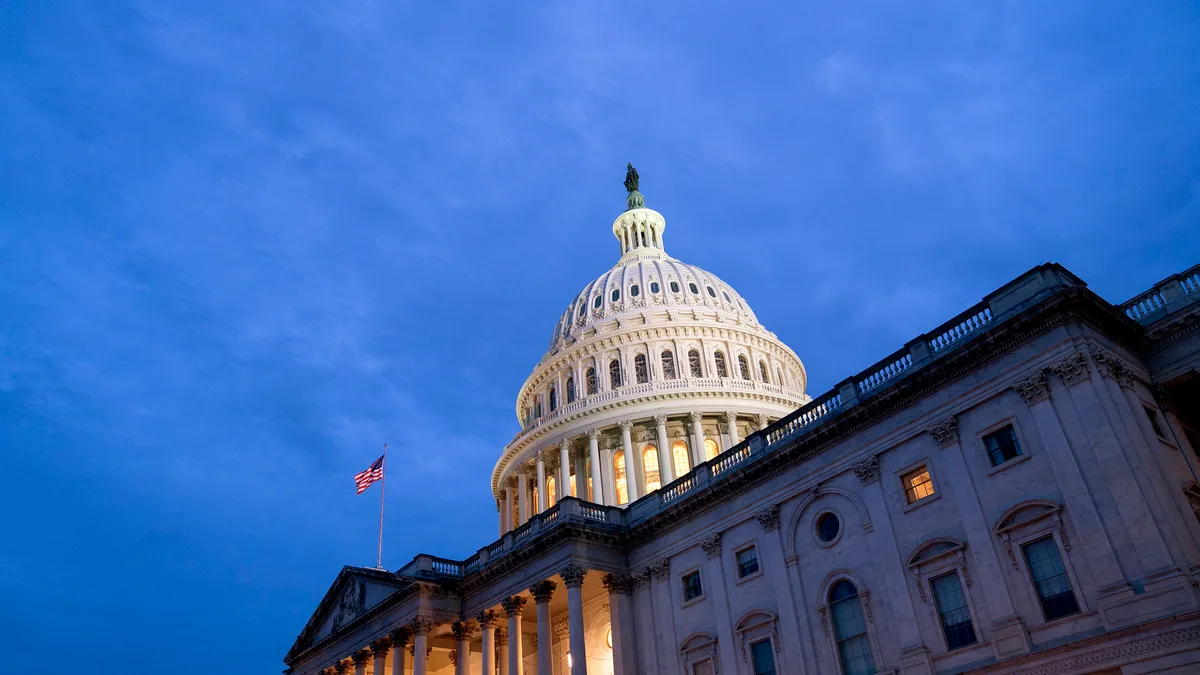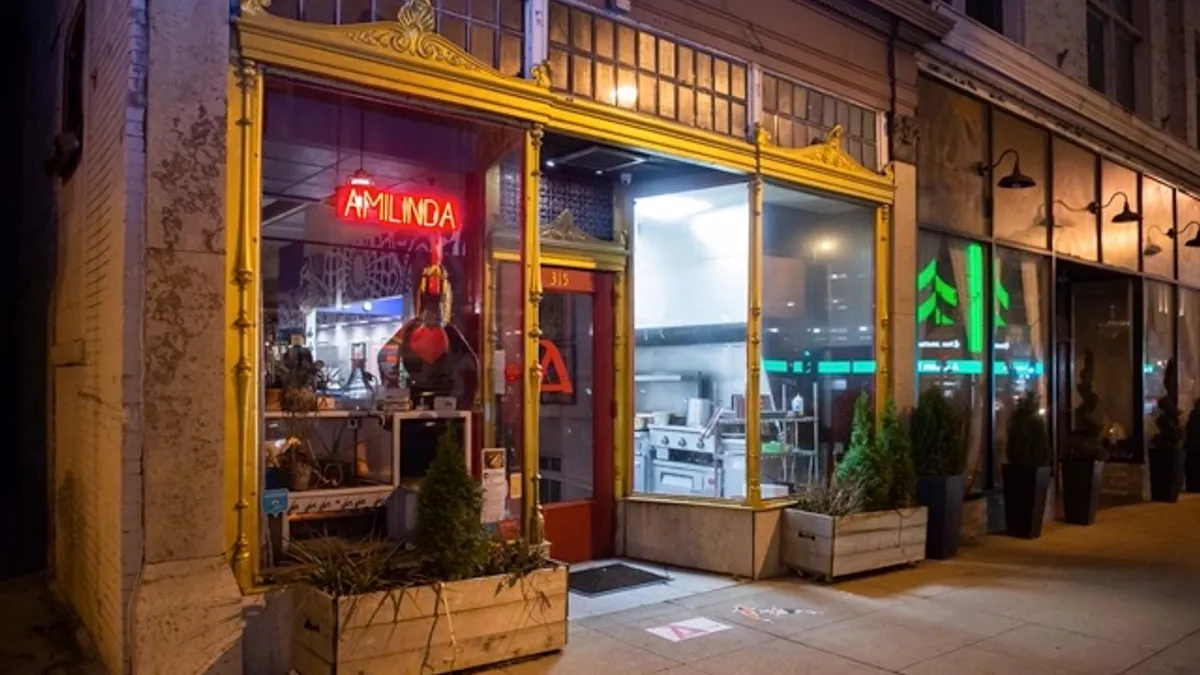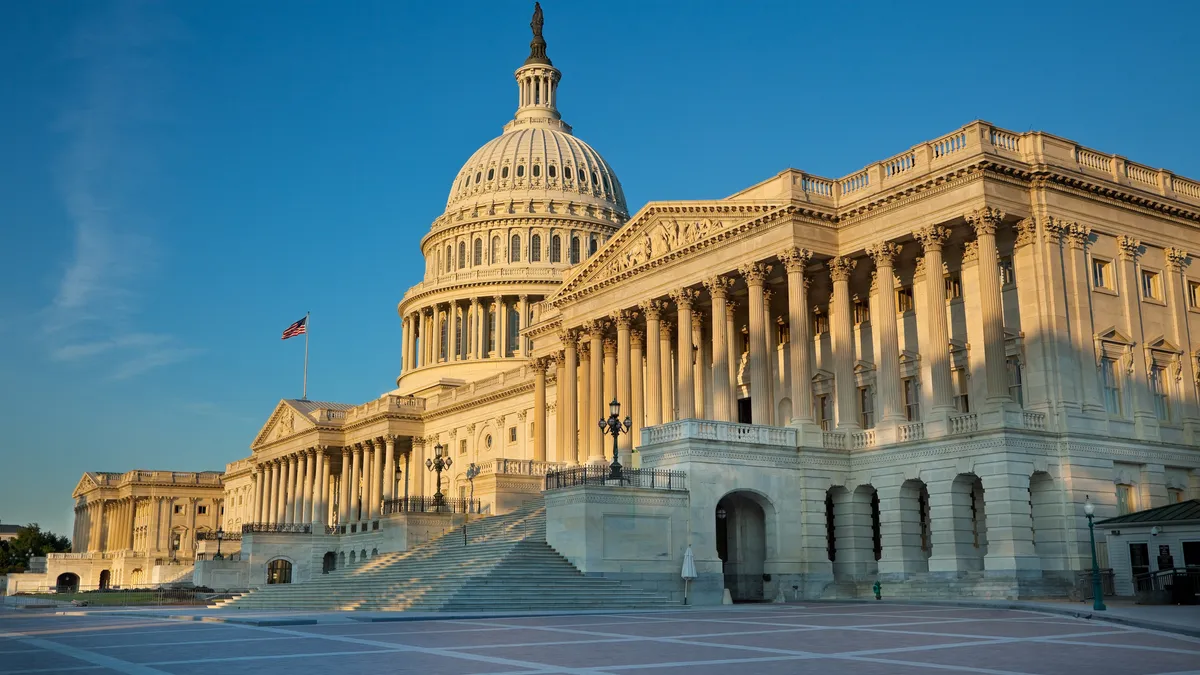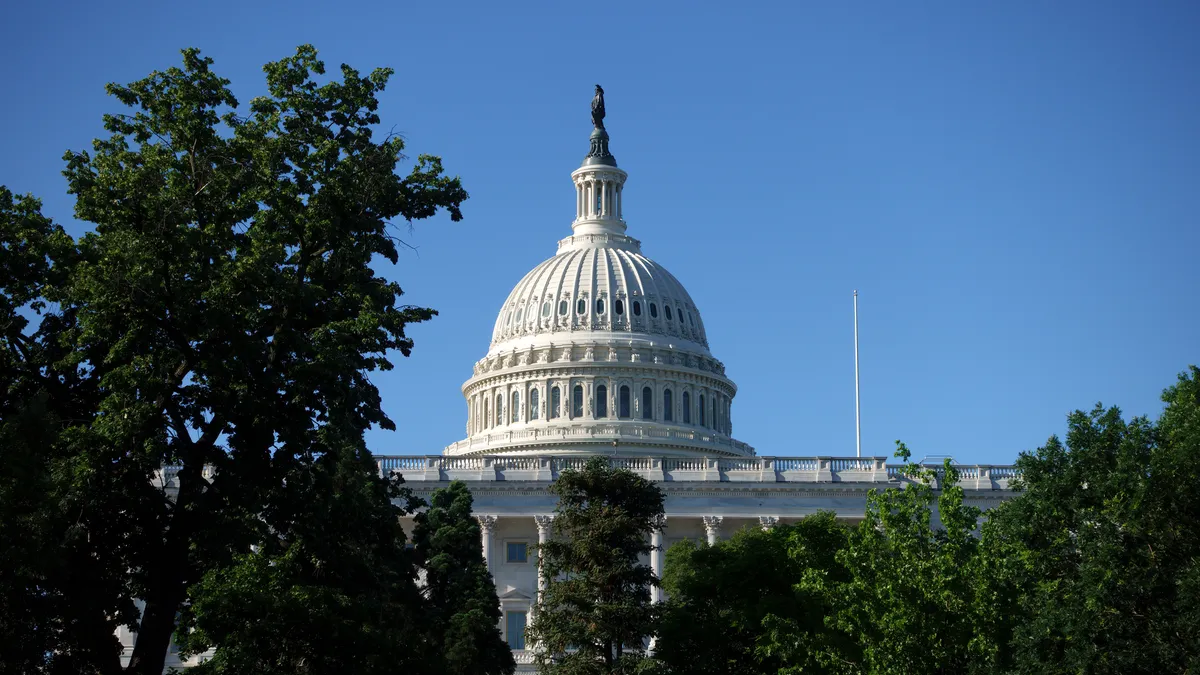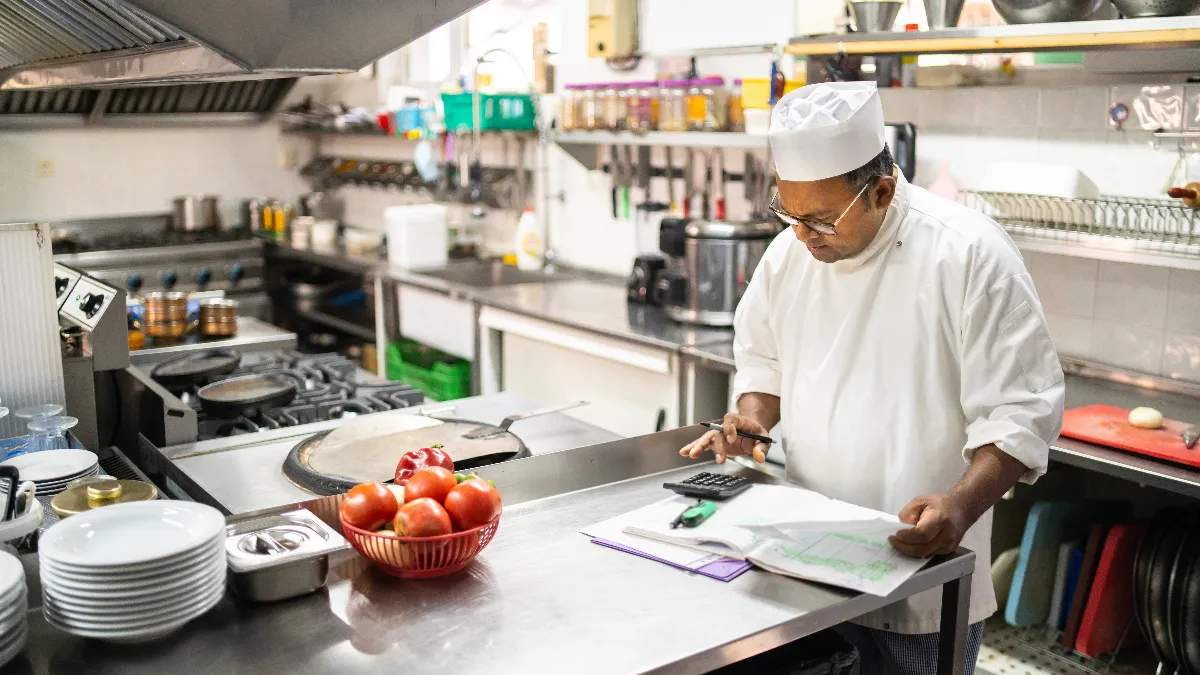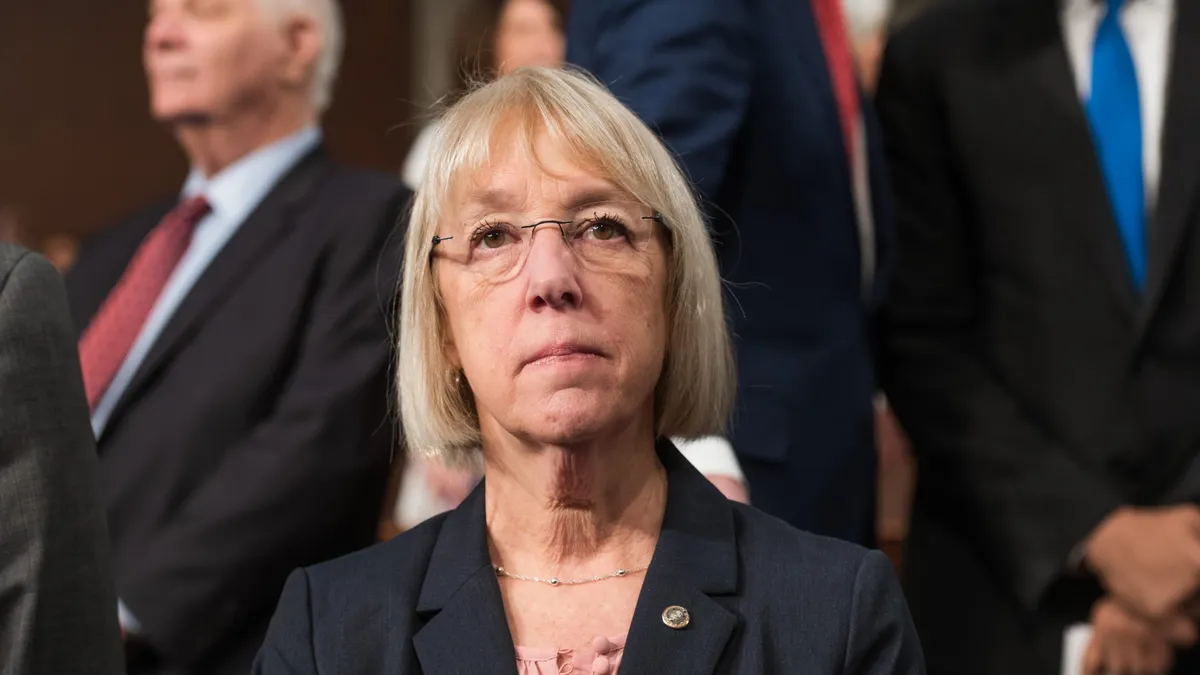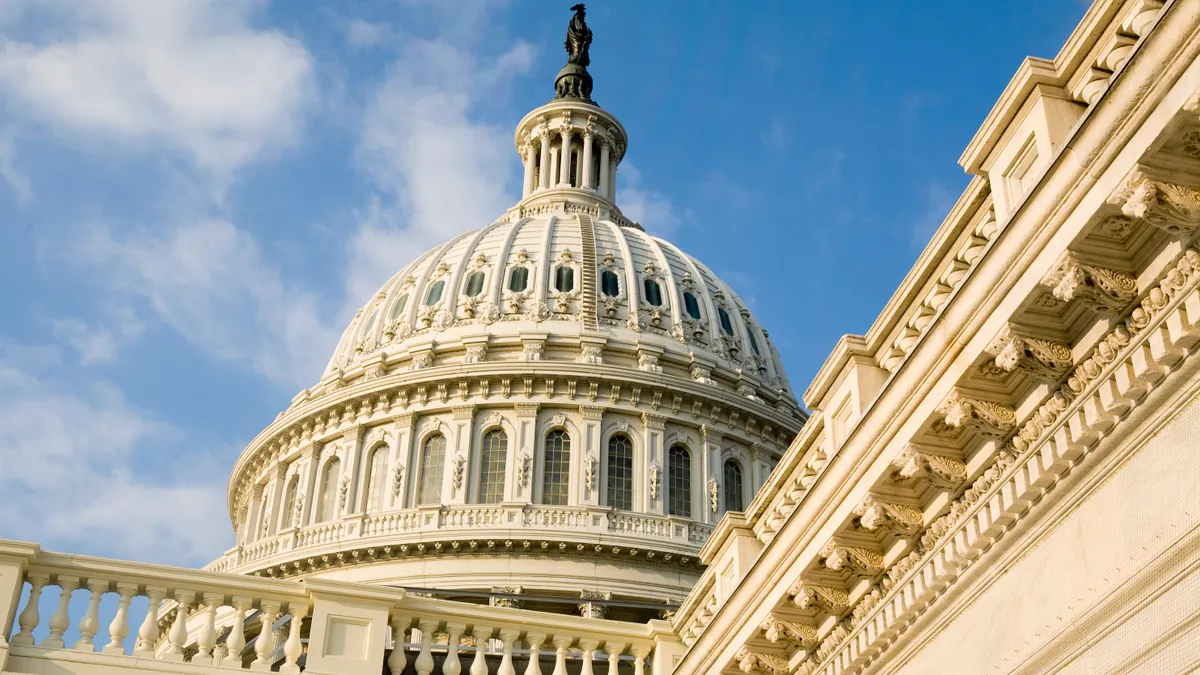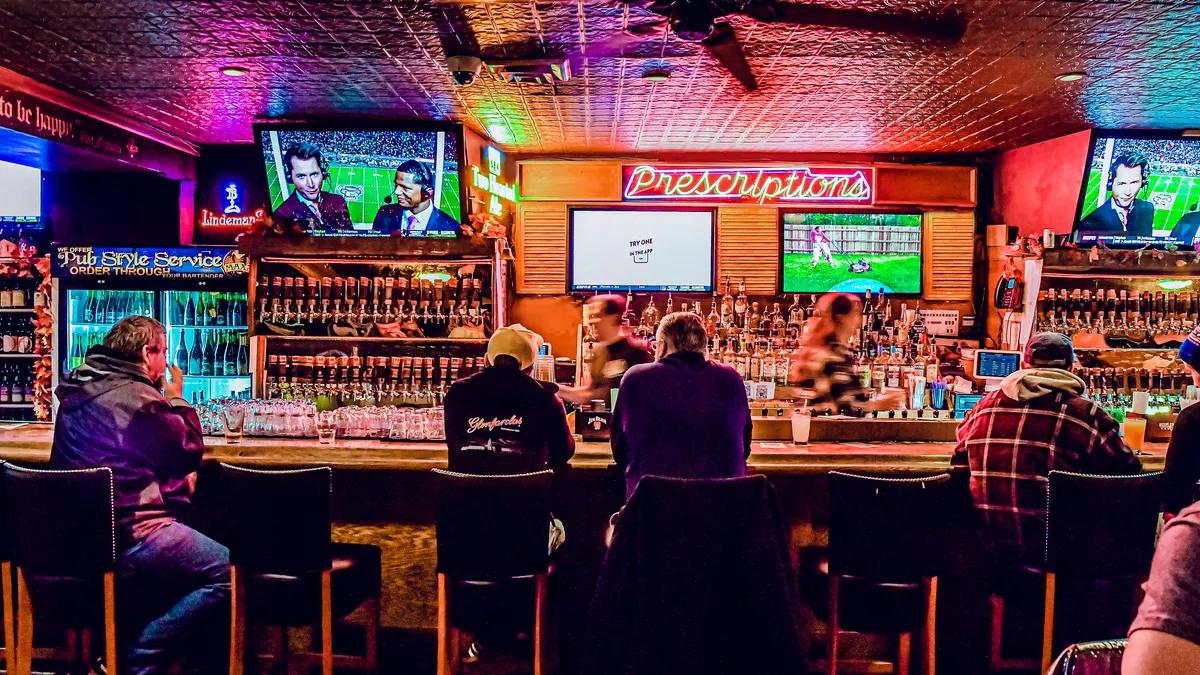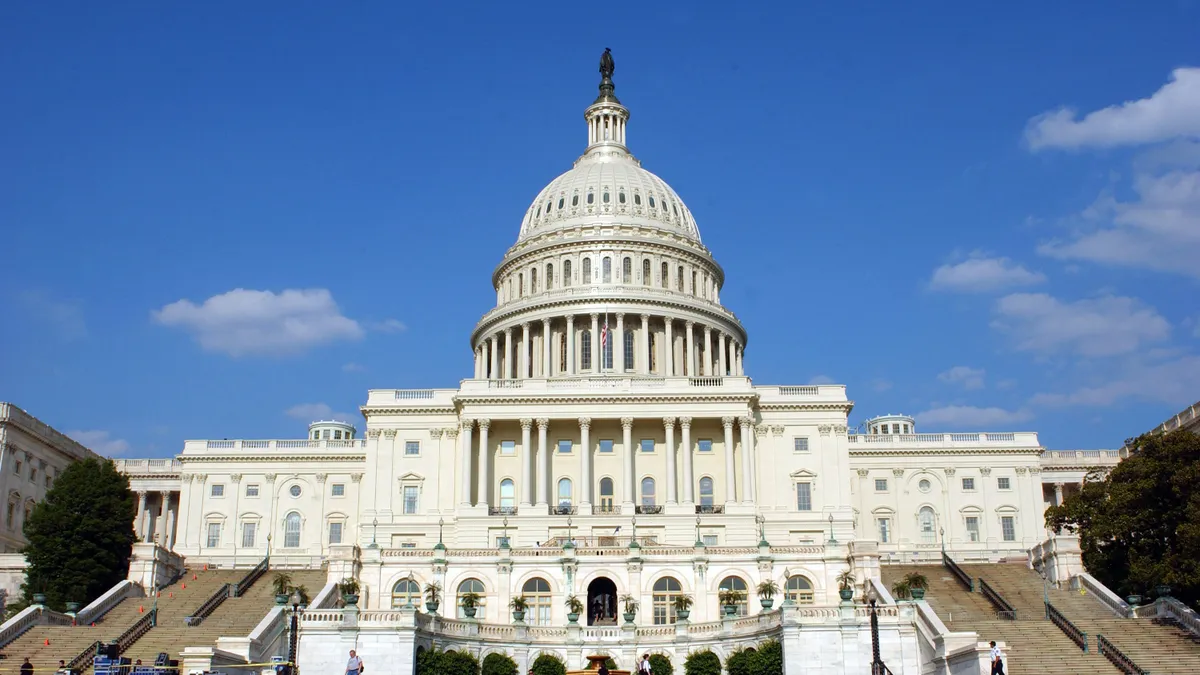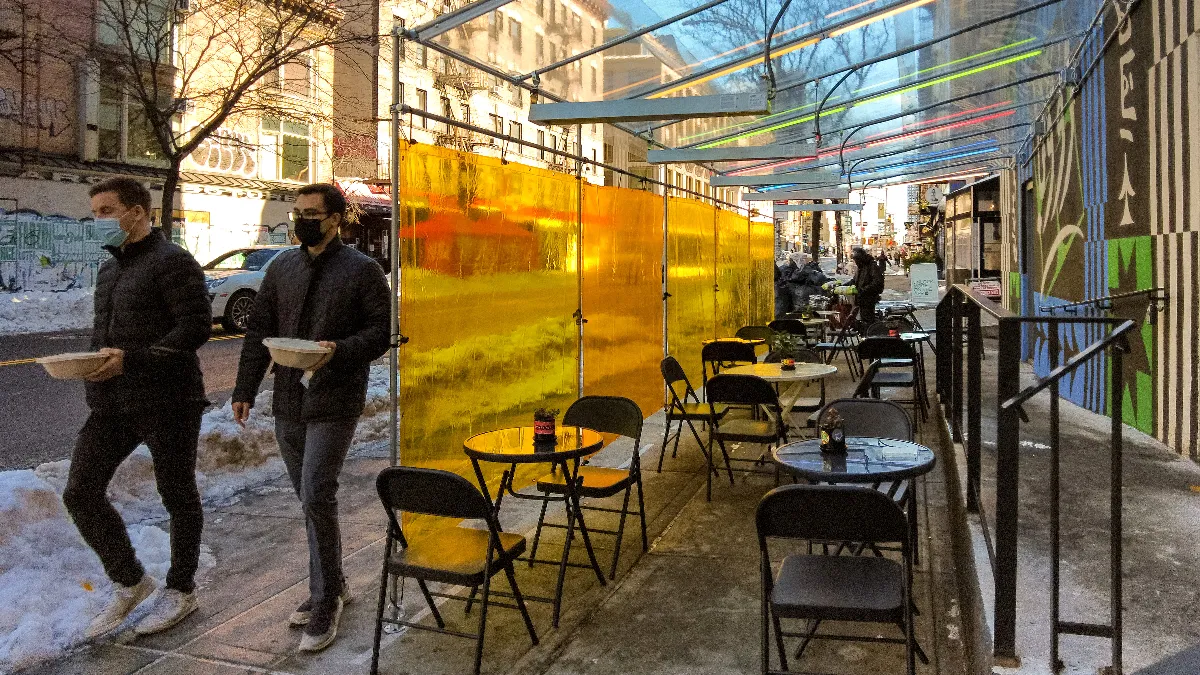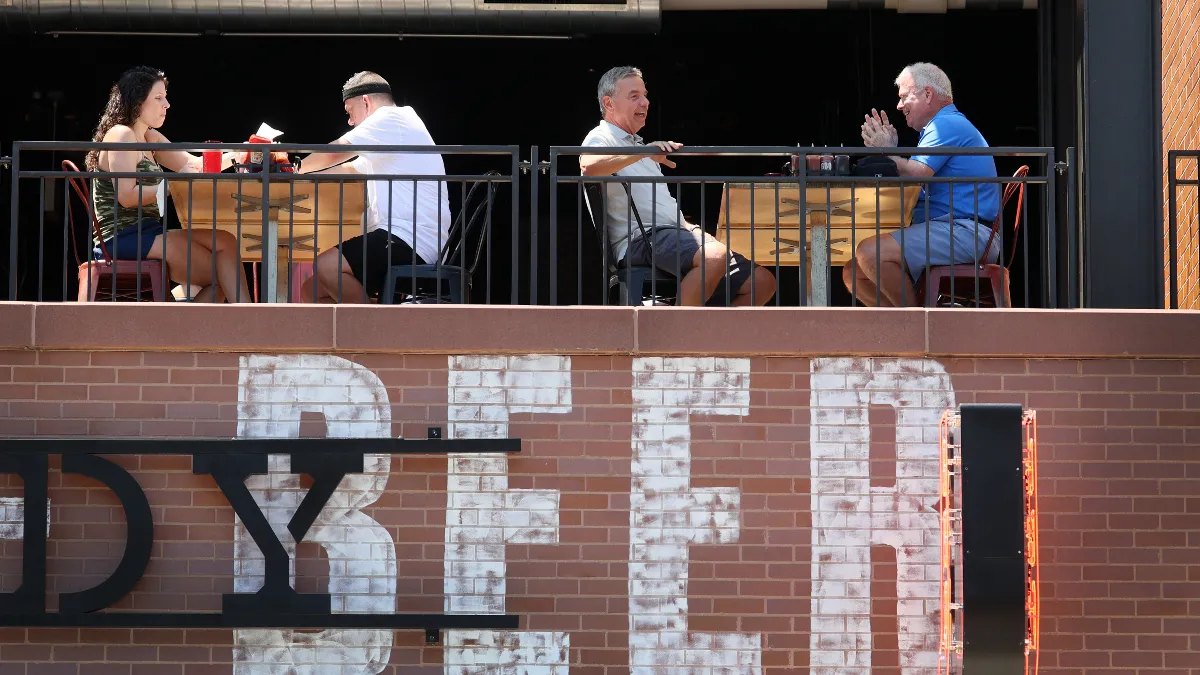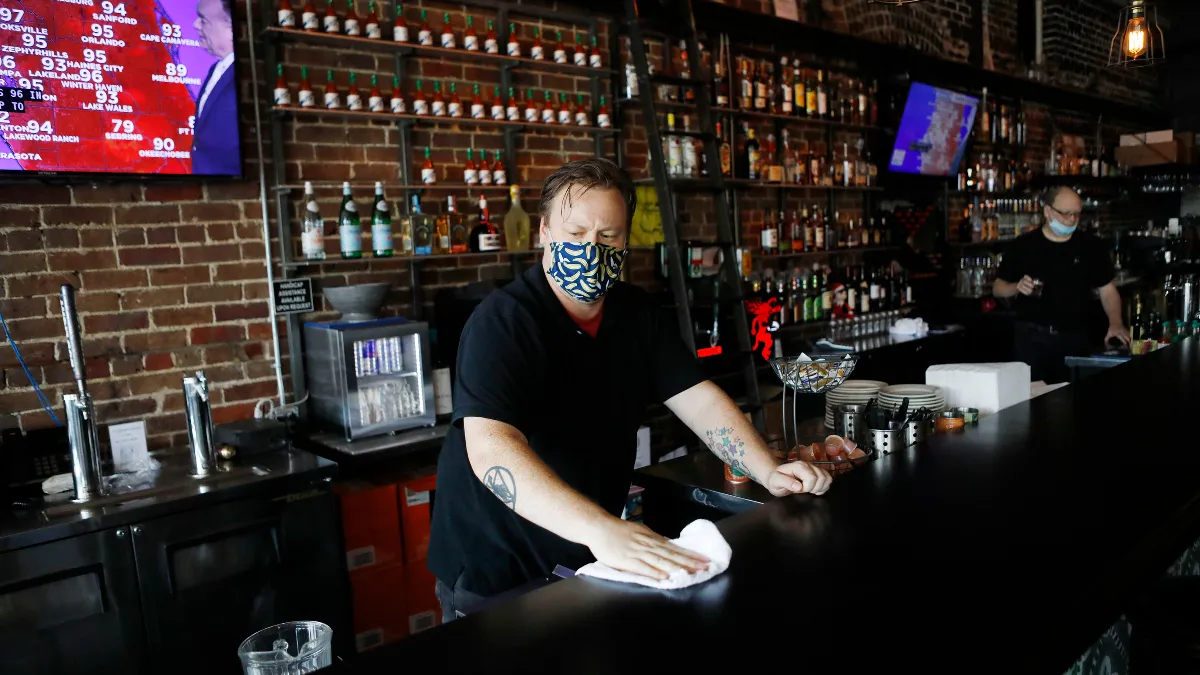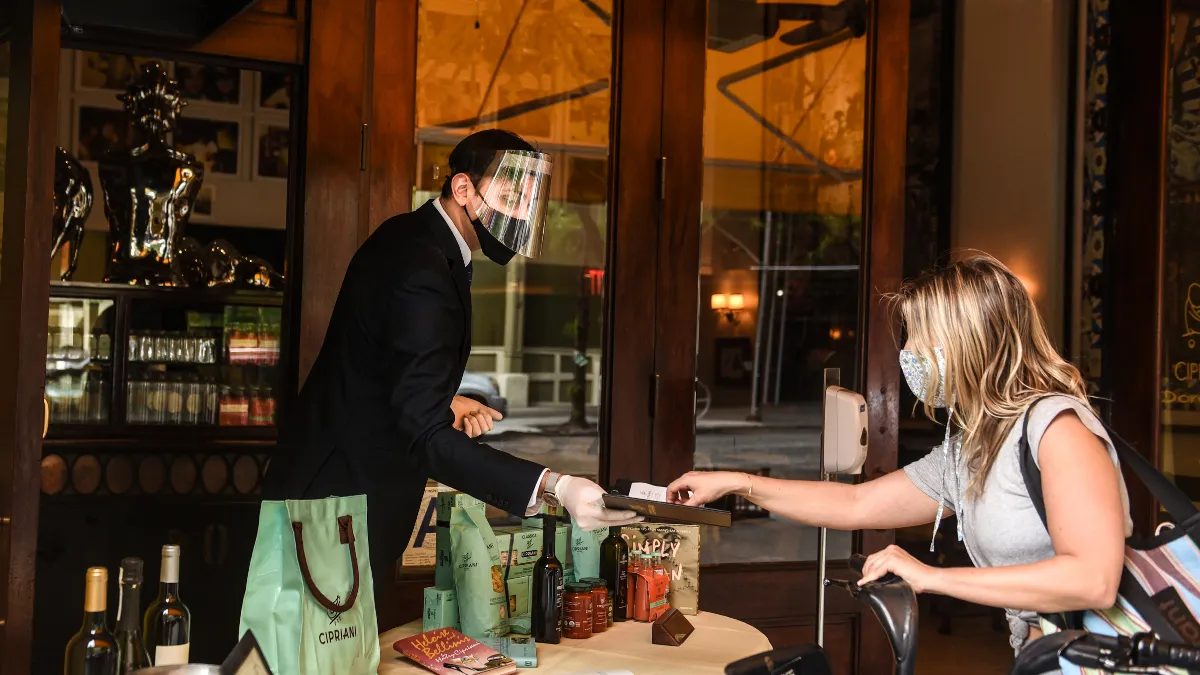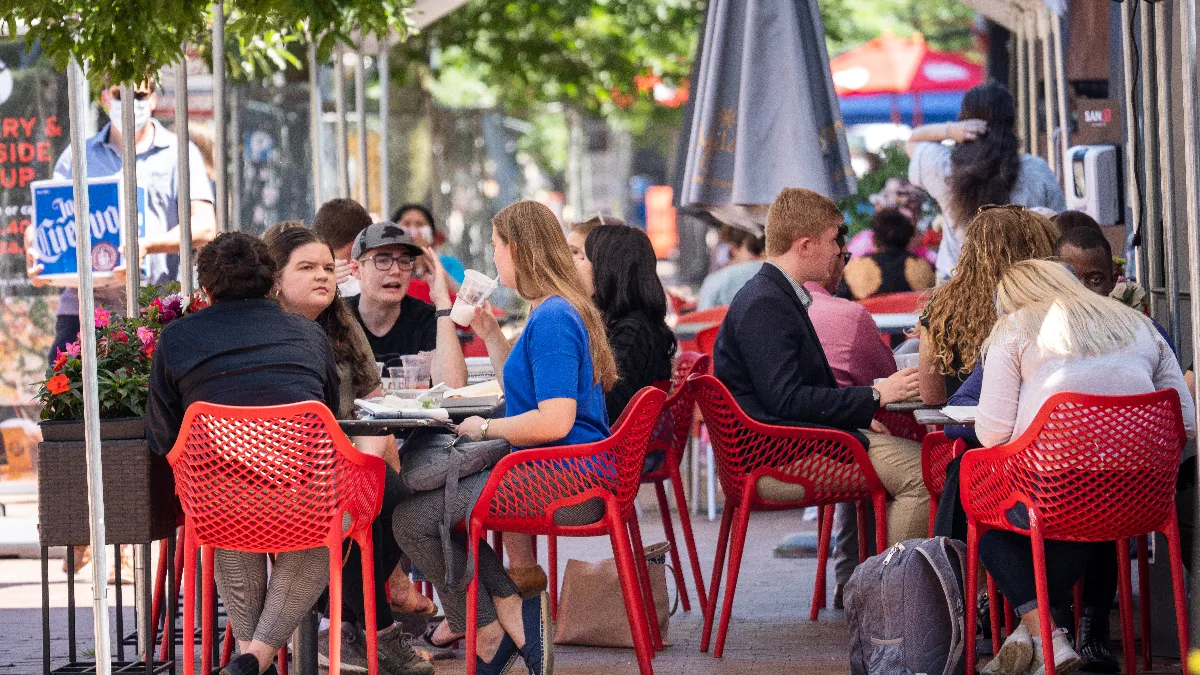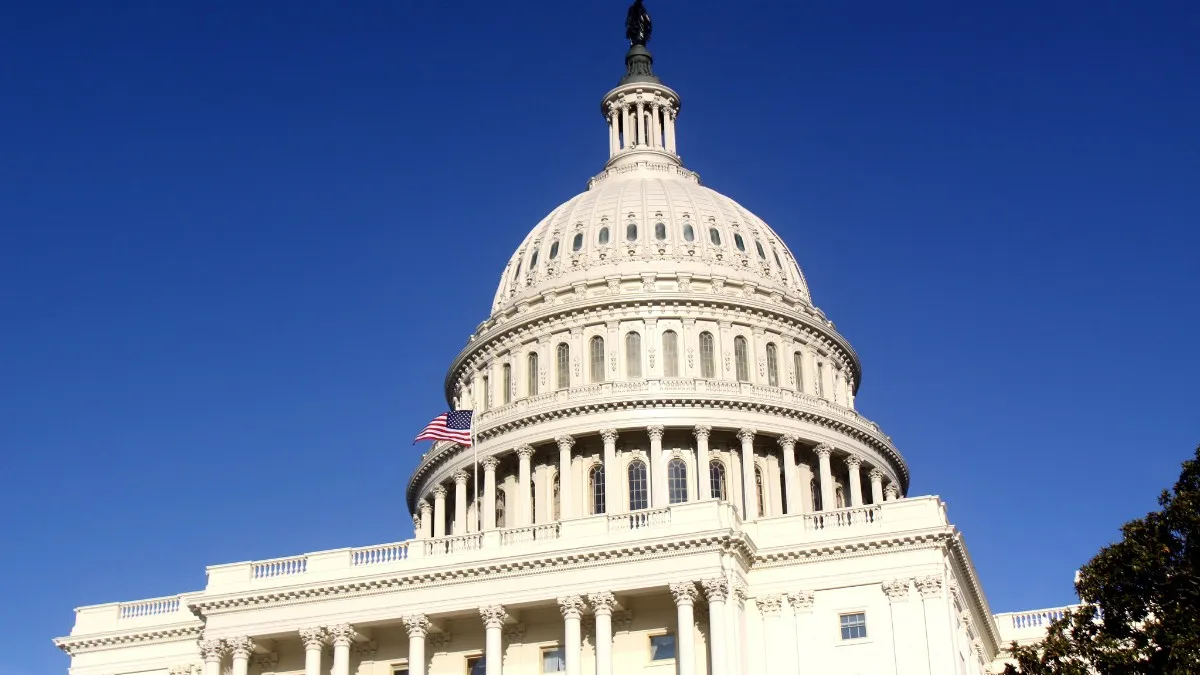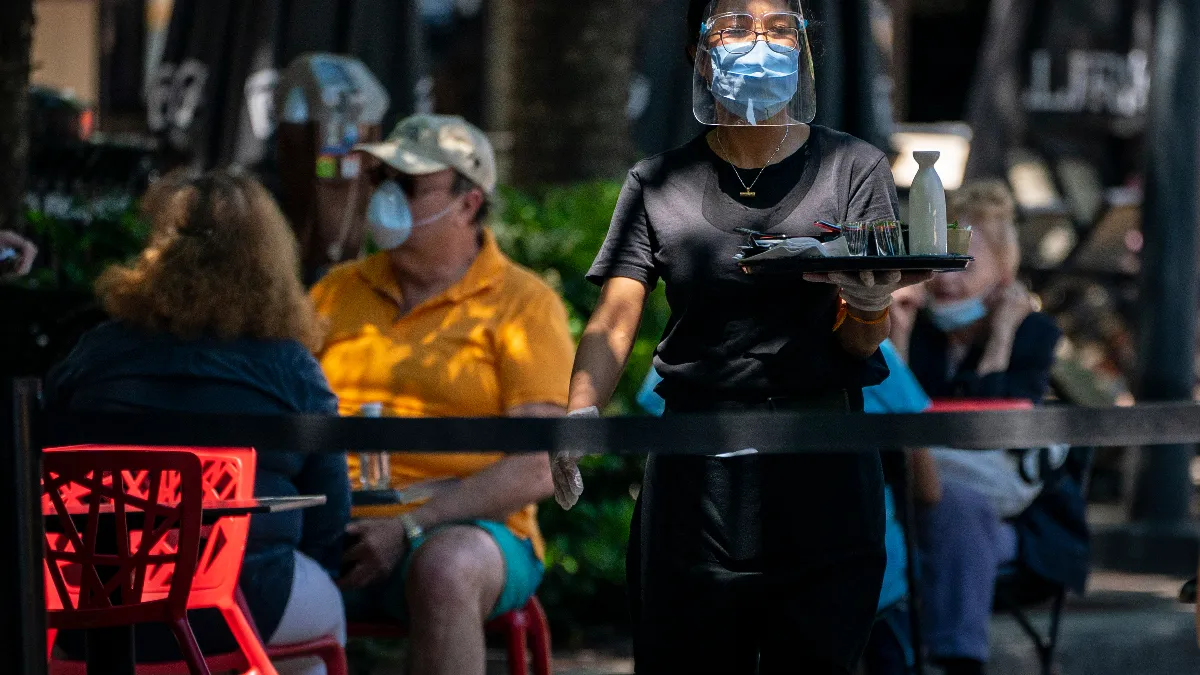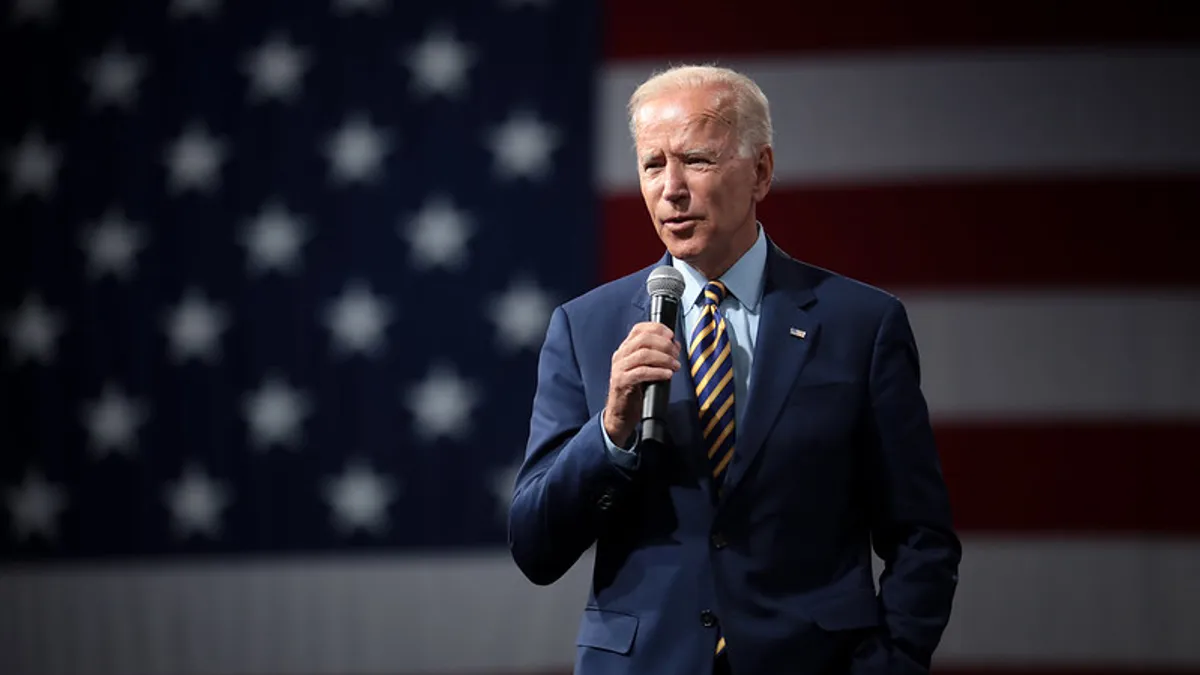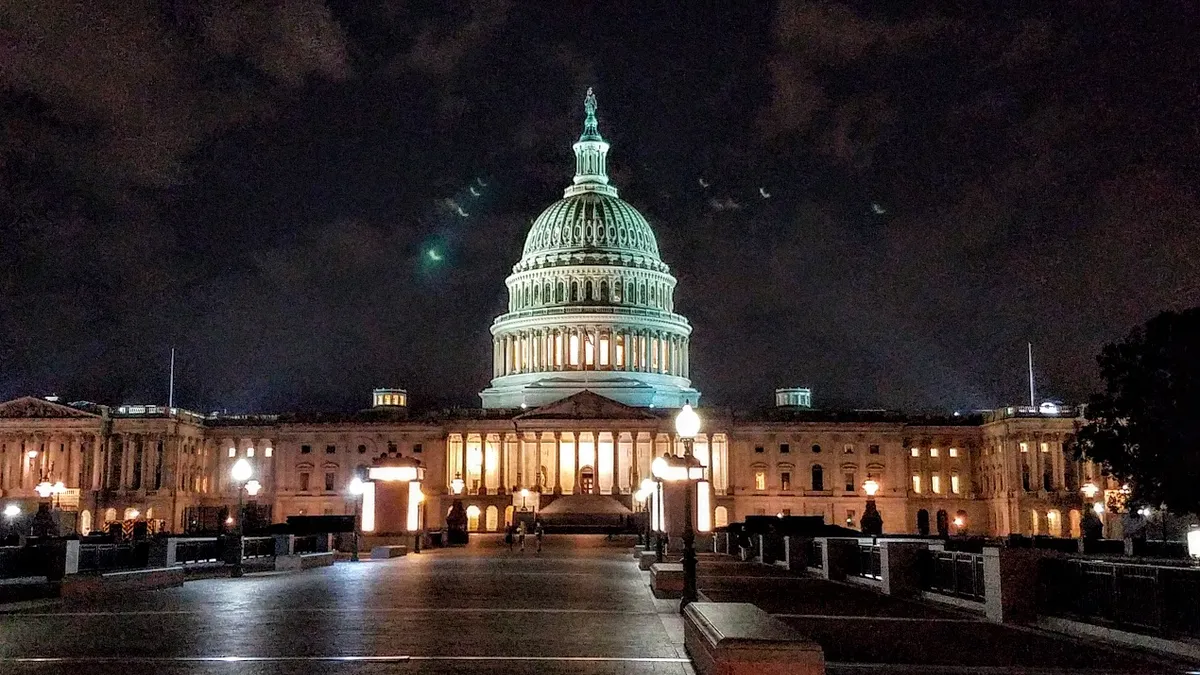Seventy-three Congress members wrote and signed a letter to the Small Business Administration Tuesday, pushing the agency to immediately disburse $180 million in leftover Restaurant Revitalization Fund money. The letter also requested that the SBA prioritize the roughly 7,000 applicants who were approved for grants last year but didn’t receive funding.
Last week, the SBA announced it would work with the Department of Justice to disburse the cash, but didn’t disclose any details about the process or timing by which those funds will be awarded.
“While we understand the remainder of the funding will not reach every business that applied, it is imperative that the SBA distribute every dollar to help as many struggling restaurants as is feasible,” the letter states.
The National Restaurant Association echoed legislators’ sense of urgency.
“While $180 million is a small amount compared to the full amount needed to replenish the RRF, it will have an impact for the select restaurants who can now receive grants. We hope that SBA will have answers for the local restaurants waiting for more information soon,” Sean Kennedy, NRA’s EVP of public affairs, wrote in an email.
The members of Congress also called on the SBA to “recover funds that have been awarded to ineligible applicants, were found to be accepted fraudulently, or could otherwise be returned.” A report released by the Government Accountability Office in July found that the SBA doesn’t require RRF recipients to disclose their operating status, even though one of the fund’s rules requires restaurants that permanently close to give their unused grant money back to the agency.
“We urge you to take action on this matter and provide us with detailed information on the amount of funding that may be recovered as well as SBA’s progress in doing so,” the letter states.
This pot of funding may be miniscule compared to RRF’s original $28.6 billion — which still left out roughly 177,000 applicants — but any government aid could benefit restaurants as they face high year-over-year inflation and an impending recession. Legislators put forward a bill this spring that would inject more than $40 billion into RRF, but the legislation died in the Senate after passing the House of Representatives.



